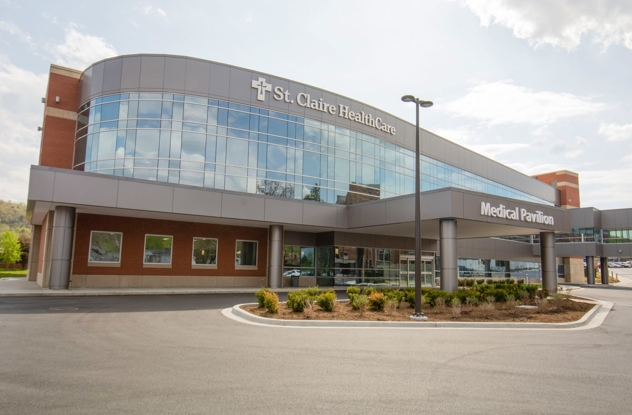
Nephrology
Nephrology Doctors in Morehead, KY
The kidneys are two bean-shaped organs, each about the size of a fist, located just below the rib cage, one on each side of the spine. Our kidneys are important because they filter blood and remove waste products (toxins) as well as maintain the proper pH levels in our bodies. Kidney disease, whether acute or chronic, often has no symptoms until it is very advanced. This is why regular, routine blood and urine tests are crucial in detecting kidney disease and dysfunction. The good news is we can treat or decrease the progression of the kidney disease if caught early.
What is Nephrology?
Nephrology is a medical specialty related to conditions that affect the kidney. Kidney issues are on the rise globally, with millions of people each year undergoing treatments for kidney injury or chronic kidney disease (CKD). Diabetes and hypertension are among some of the leading causes of kidney disease due to the connectedness between the kidneys and both blood pressure and blood sugar. Our nephrologist will use a variety of diagnostic methods, including blood tests, urine tests and kidney imaging studies, to confirm a diagnosis of kidney disease.
What are the symptoms of kidney disease?
Kidney disease (acute or chronic) often has no symptoms until it is very advanced. With kidney disease, you may notice the following:
- Feeling more tired or have less energy
- Trouble concentrating
- Poor appetite
- Trouble sleeping
- Swollen feet and ankles
- Puffiness around eyes, especially in the morning
- Dry, itchy skin
- Rash
- No urine output or high urine output
- Blood in the urine
- Multiple joints that hurt
St. Claire Nephrology specializes in the diagnosis and treatment of kidney diseases and disorders. Patients are seen by physician referral; new patients are welcome. For more information, please call 606.780.5502.
What can I do to prevent kidney disease?
Kidney disease is often hard to detect or prevent, but you may reduce your risk by taking care of your kidneys. To reduce your risk of developing kidney disease:
-
Ask your healthcare provider before taking any over-the-counter medications. Some of these medicines may contribute to kidney disease and injuries.
-
Get an annual physical.
-
Maintain a healthy weight.
-
Don't smoke: Cigarette smoking can damage your kidneys and make existing kidney damage worse.
-
Manage your medical conditions with your healthcare providers help. If you have diseases or conditions that increase your risk of kidney disease, work with your healthcare provider to control them.


[1].jpg)

